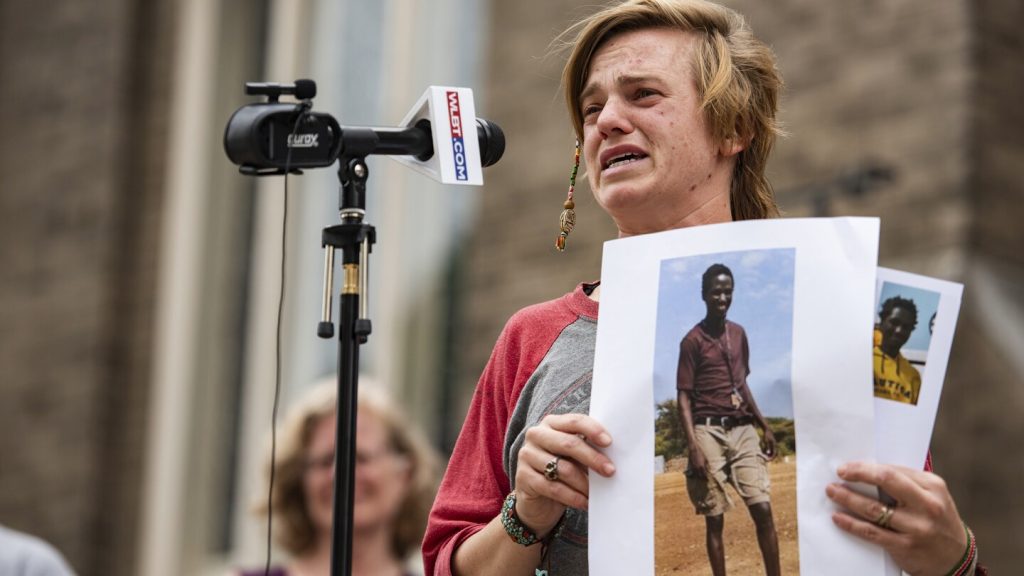A Sudanese Civil War refugee, Dau Mabil, went missing in Mississippi in March, sparking a search effort by his relatives and volunteers. His body was later found floating in a river, but his family still lacks information about what happened before his death. Mabil’s widow, Karissa Bowley, revealed that there was a lack of cooperation between the state-run Capitol Police and city-run Jackson Police Department during the investigation, with both agencies blaming each other for hindering progress. The agencies were unable to work together effectively, despite recent efforts to collaborate on crime reduction initiatives in the city.
The political dynamics between the Republican-controlled Capitol Police and Democratic-controlled Jackson Police Department may have contributed to the lack of coordination in the case. While both agencies participated in Operation Unified, a crime-curbing initiative, they appeared disconnected in handling Mabil’s disappearance. Bowley expressed frustration at the departments’ failure to work together and questioned why they were not helping each other in the search for her husband. The agencies have stated that they are actively working on the case, but details of their collaboration remain unclear due to the ongoing investigation.
A legal dispute arose between Bowley and her brother-in-law, Bul Mabil, following the discovery of Dau Mabil’s body. A judge granted Bul Mabil’s request for an independent medical examiner to autopsy the body before releasing it to the family. Bowley’s attorney indicated her approval of the additional autopsy but suggested that it should only take place after law enforcement completes their investigation. The court postponed its decision on Bowley’s request until April 30, further delaying the family’s quest for answers about Mabil’s death.
Bowley recounted the events leading up to her husband’s disappearance, including their morning routine of calling his mother in Kenya, where she lives in a refugee camp. Both Dau Mabil and Bowley were among the refugees brought to the U.S. during the Sudanese civil war, and they had built new lives in the country. Mabil was described as having a gentle presence, which drew Bowley to him, and she expressed missing him even before his disappearance. The couple’s journey as refugees and their subsequent integration into American society adds complexity to the tragedy of Mabil’s untimely death.
Michael Goldberg, the author of the article, is a corps member for the Associated Press/Report for America Statehouse News Initiative. Report for America is a nonprofit program that places journalists in local newsrooms to report on undercovered issues. Goldberg’s reporting sheds light on the challenges faced by refugee communities in the U.S., particularly in cases where their members go missing or encounter tragic circumstances. The story of Dau Mabil’s disappearance and death highlights the need for improved coordination between law enforcement agencies and the importance of providing closure to families who have lost loved ones under mysterious circumstances.


